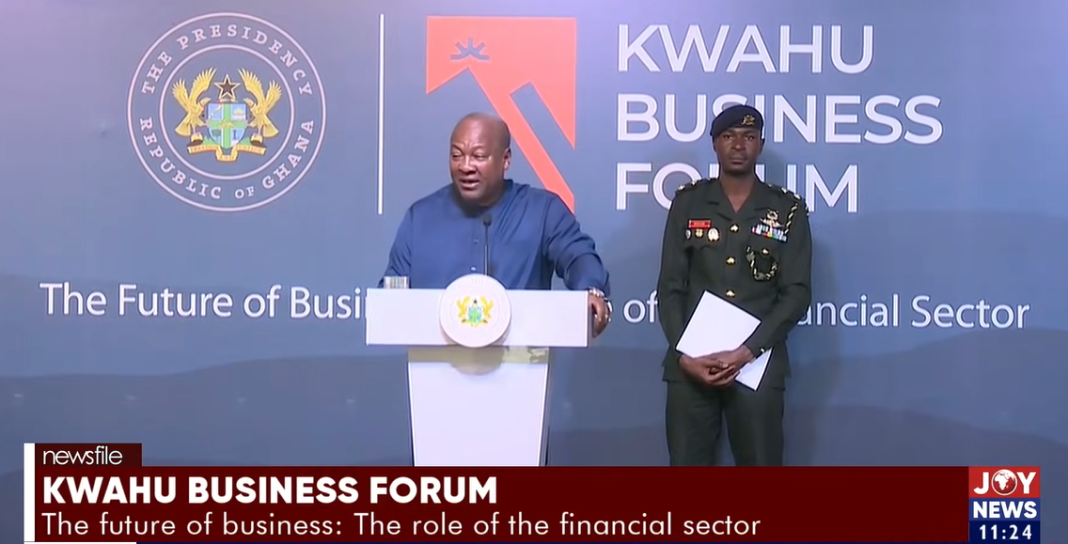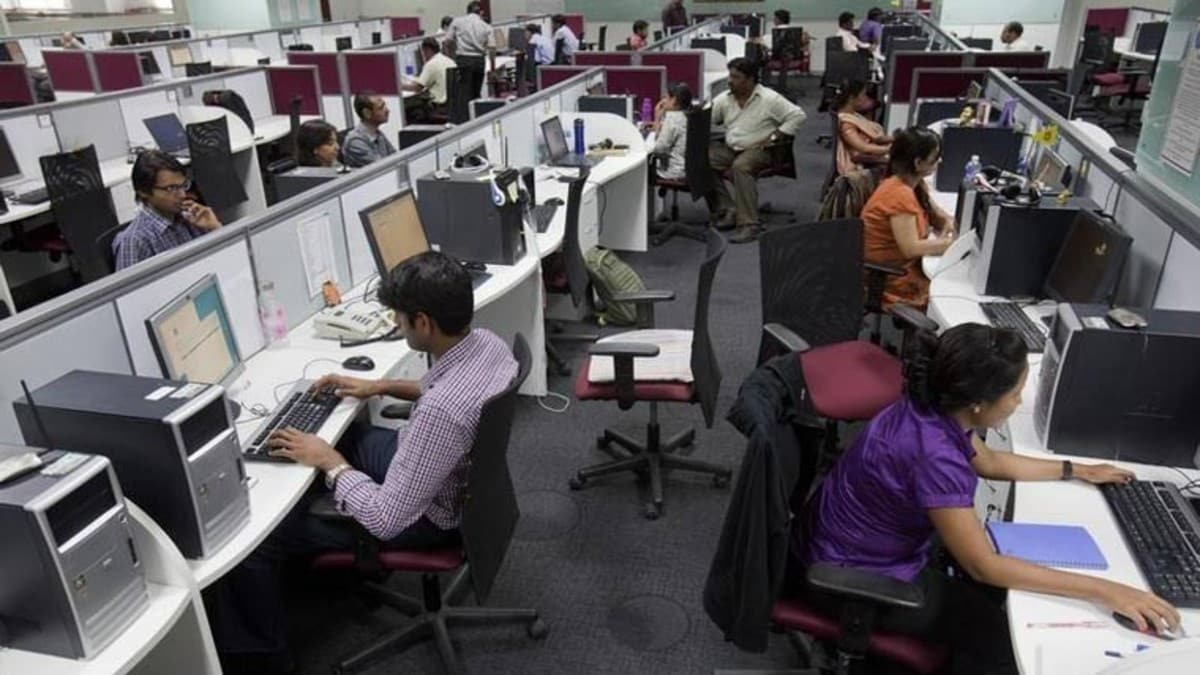At a surface level, the latest findings of the Herald ’s Resolve Political Monitor contain lots of good news for Labor and Prime Minister Anthony Albanese. The nationwide poll of 3237 voters taken between March 26 and 29 shows the contest is now neck and neck on a two-party preferred basis. Labor’s primary vote has increased from a terrible low of just 25 in February to a healthier 29, giving panicked MPs hope that the party has momentum behind it.
Voters have raised their assessment of Anthony Albanese’s performance. Credit: Alex Ellinghausen In contrast, the Coalition’s primary vote has slipped from 39 per cent to 37 per cent. The fall is within the margin of error, but few would disagree that Opposition Leader Peter Dutton and the Coalition have suffered from a series of setbacks over recent weeks driven by policy confusion, a lack of discipline and a fracturing of unity.

Voters have also boosted their assessment of Albanese’s performance and cut their view on Dutton’s. The movement here is sharp: Albanese’s net performance ranking improved by 11 percentage points; Dutton’s fell by 5. The good news for Albanese doesn’t end there: he has also regained preferred prime minister status, now leading on that measure by 42 per cent to Dutton’s 33 per cent.
In February, Albanese’s preferred PM score was just 35 per cent, behind Dutton’s 39 per cent. Resolve director Jim Reed believes Labor has had its best month of the past two years, and the Coalition its worst. Reed suspects Labor’s fortunes are the effect of a “hop, skip and jump” provided by an interest rate cut, Cyclone Alfred and last Tuesday’s budget.
While the budget alone is not responsible for Labor’s improved position, it does appear to have framed the choice and put Labor back in the running on a large number of issues. The Herald also suspects the long shadow of the second Trump presidency has had an impact on the polls. After a long and electorally challenging period for incumbent governments around the world, voters may be preparing to reward stability and certainty in the face of chaos and upheaval in Washington.
Albanese is acutely aware of this, as are many Coalition MPs baffled by Dutton’s occasional flirtation with Trump-like tactics and policies. However, there remains cause for concern for Labor. It is a strange world when the party finds comfort in any poll that has its primary vote at just 29 – a result that would tip it into minority government.
Labor’s primary vote at the last election came in at a dire 32.6 per cent. Whatever may be occurring at a campaign level in this election, there is little doubt that an increasing number of voters are disillusioned with the major parties.
But Albanese will certainly bank these gains and plan to build on them. After months in the polling doldrums, the government has its mojo back, right when it was really needed. As Reed notes, if a week is a long time in politics, then the last month has been an epoch.
Bevan Shields sends an exclusive newsletter to subscribers each week. Sign up to receive his Note from the Editor ..
Politics

After months in the doldrums, the government has its mojo back, right when it was really needed

Despite the good news in the latest Resolve Political Monitor, it is a strange world when Labor finds comfort in any poll that has its primary vote at just 29.















